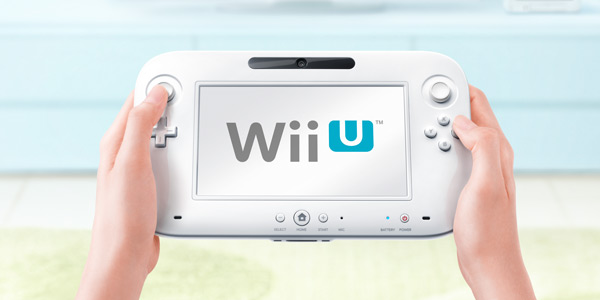The problem with potential: Why I fear for the Wii U

The first console that I ever bought on launch day was the Nintendo Wii. This was November 2006 and it was four in the morning and all I could think about was Twilight Princess and Wii Sports. I was cold and hungry, but both feelings were overshadowed by my desire for Nintendo's newest console. It is for this reason that the Wii holds a special place in my gaming history: I actually suffered in order to buy it.
But, for as much effort and money that I've put into Nintendo's little white console, I haven't had much reason to turn the thing on as of late. This was, and to extent still is, heartbreaking. More so than any console before it, the Wii was built on potential. This wasn't due to some graphical wizardry or promises of cramming more enemies on the screen. From the beginning, the Wii was meant to shift the focus away from graphics and horsepower and towards control and expanding the gaming audience. And that's been its undoing.
The promise of the Wii wasn't what it was, but rather what it was capable of. I call it the "potential paradox." The gist of it is this: Developers were able to do a wide variety of things with the Wii remote and its various peripherals, but in the end, did very little.
Were they handcuffed by the possibilities? Probably. But it's more likely that the current video game climate, which prizes sequels to established franchises over new ideas, was to blame. It's bad enough that the Wii isn't as powerful as the Xbox and PS3, a realty that makes porting games nearly possible. But there's also that damn controller. What was anyone supposed to do with it?
Developers had ideas, sure. Games like Red Steel and Rayman Raving Rabbids made the first attempts at fulfilling the Wii's promise. But Red Steel was broken, messy and incomplete, and Raving Rabbids was the seminal iteration of the genre that became known as the "Wii Mini-Game compilation." After a while one thing became clear: The only company that knew what to do with the Wii was Nintendo itself.
This is the fate I fear with the Wii U as well. While developers like BioShock creator Ken Levine and Disney's Warren Spector are on record (and video) talking about how great the Wii U can be, very of little of that is guaranteed to translate into games that really take advantage of what the Wii U is capable of. As with the Wii, there are a lot of possibilities with the Wii U - and nearly all of them revolve around the controller. That's not inherently bad, but if the Wii (and, to a lesser extent DS) are any indication, getting developers to craft interesting and unique Wii U-specific games isn't going to be easy. But we can cross our fingers.
